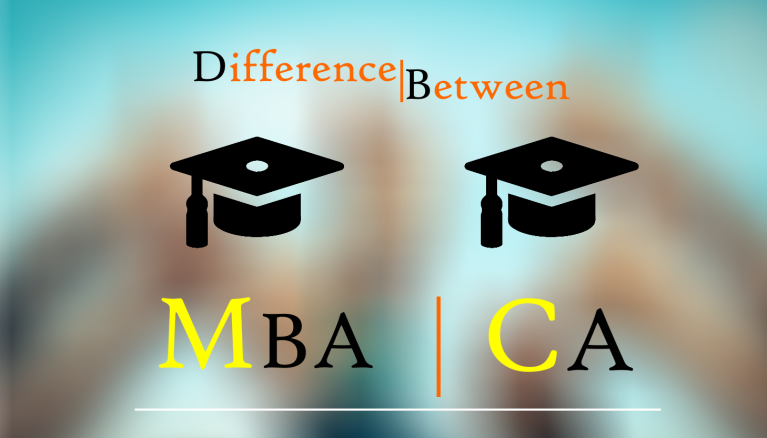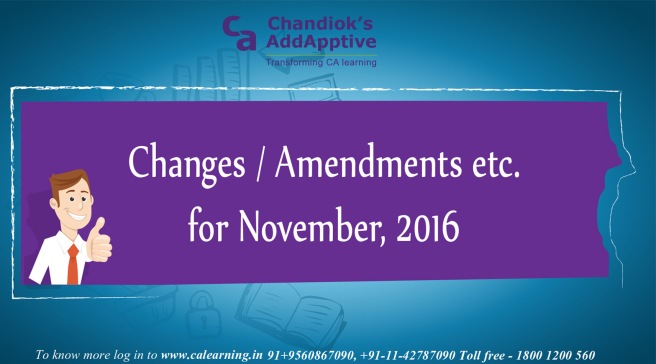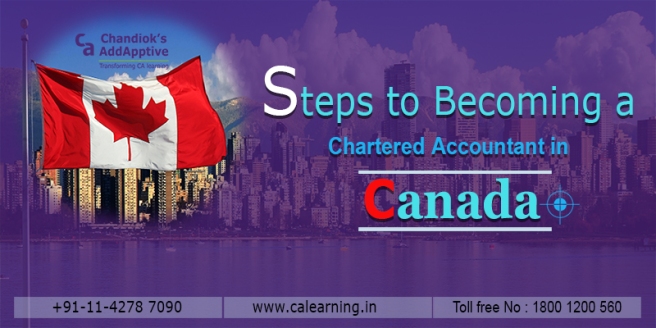
The purpose of these FAQs is to illustrate and to assist in clarifying the requirements regarding preparation of Consolidated Financial Statements
(a.)
- Whether a company H ltd is required to consolidate its subsidiary which is a Limited Liability Partnership (LLP) or a partnership firm?
- Would the answer be different if LLP is an associate or joint venture of H Ltd?
- As per rule 6 of Companies (Accounts) Rules, 2014, under the heading ‘Manner of consolidation of accounts’ it is provided that consolidation of financial statements of a company shall be done in accordance with the provisions of Schedule III to the Companies Act, 2013 and the applicable Accounting Standards.
It is noted that relevant Indian Accounting Standard i.e., Ind AS 110, Consolidated Financial Statements provides that where an entity has control on one or more other entities, the controlling entity is required to consolidate all the controlled entities. Since, the word ‘entity’ includes a company as well as any other form of entity, therefore, LLPs and partnership firms are required to be consolidated. Similarly, under Accounting Standard (AS) 21, as per the definition of subsidiary, an enterprise controlled by the parent is required to be consolidated. The term ‘enterprise’ includes a company and any enterprise other than a company. Therefore, under AS also, LLPs and partnership firms are required to be consolidated.
Accordingly, in the given case, H ltd is required to consolidate its subsidiary which is an LLP or a partnership firm. - If LLP or a partnership firm is an associate or joint venture of H ltd, even then the LLP and the partnership firm need to be consolidated in accordance with the requirements of applicable Accounting Standards.
(b.)
A Company H ltd has no subsidiaries, but has investment in an associate and a joint venture. Whether H Ltd. is required to prepare consolidated financial statements for the year ending March 31, 2016, in the context of Companies (Accounting Standards) Rules, 2006.
Section 129 (3) of the Companies Act, 2013 provides that where a company has one or more subsidiaries, it shall prepare a consolidated financial statement of the company and of all the subsidiaries. Further, an Explanation to this sub section provides that the word “subsidiary” shall include associate company and joint venture.
In view of the above, in the given case, though H ltd does not have any subsidiary, it is required to prepare consolidated financial statements for its associate and joint venture in accordance with the applicable Accounting Standards, viz, AS 23, Accounting for Investments in Associates in Consolidated Financial Statements and AS 27, Financial Reporting of Interests in Joint Ventures, respectively.
To know more click here
Website : CA Learning



 Applicable changes for CA Final Nov’16 Attempt:
Applicable changes for CA Final Nov’16 Attempt:


 Steps to Becoming a
Steps to Becoming a 
